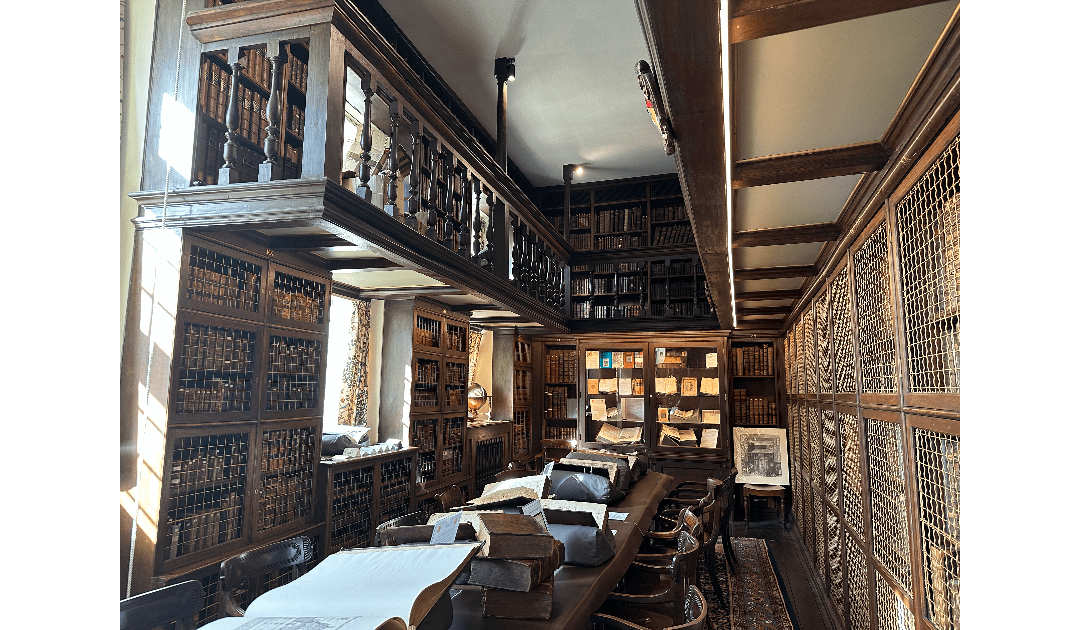I recently posted about the Battle of Neville’s Cross. This was a battle fought between King David II of Scotland and the English commanded by Baron Ralph Neville. King David II succeeded Robert I (the Bruce) who had succeeded John Balliol, whose father founded Balliol College Oxford.
Balliol’s website states “Balliol has existed as a community of scholars on its present Broad Street site without interruption since about 1263. By this token it claims to be the oldest college in Oxford, and in the English-speaking world.”
I’d always thought that University College was the oldest Oxford College, and indeed their website says: “University College owes its origins to William of Durham, who died in 1249; however a legend grew up in the 1380s that we were actually founded even earlier, by King Alfred in 872, and, understandably enough, this became widely accepted as the truth. Nowadays, however, William of Durham is accepted as Univ’s true founder, but that still gives us a claim to be the oldest college in Oxford or Cambridge.”
My own college, Saint Edmund Hall, says this on their website: “The first documented reference to St Edmund Hall is from 1317, which indicates an earlier foundation. Although Oxford’s oldest colleges date to the mid-thirteenth century, it was not until the sixteenth century that the colleges commonly admitted undergraduates. St Edmund Hall therefore has a claim to be the oldest surviving academic society to house and educate undergraduates in any university.”
You’d have thought it might be an easy question to answer. It would appear not. It gives me some encouragement in my work as a writer of historical crime fiction. I’m always worried that someone will find some error in my research. I do the best I can, as I’ve written about before. But as we’ve seen here, there are usually differences of opinion.

